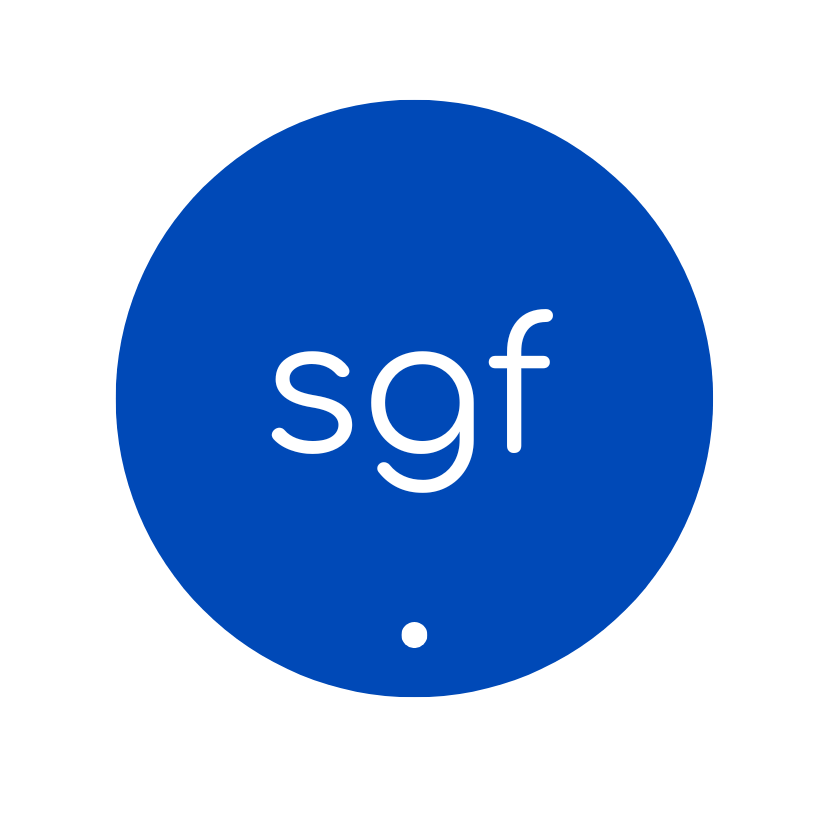Helpful Information for Your IRA Gift
Legal Name: Spotivity Gateway Foundation Inc.
Gift Designation: Micro Grant Support
Mailing Address: 222 Merchandise Mart Plaza, Suite 1212 #34, Chicago, IL 60654
Making a Qualified Charitable Distribution (QCD)
A QCD from your IRA, also known as the IRA charitable rollover, can:
- Be a tax-smart way to support your philanthropy.
- Be an easy and convenient way to make a gift from one of your major assets.
- Be excluded from your gross income: a tax-free rollover. You may transfer up to $105,000 directly from your IRA if you are no longer contributing to your IRA. (If you have contributed pre-tax income to your IRA after age 70 ½, the percentage of your gift that is tax-free may be reduced.)
- Count toward your required minimum distribution (RMD) if you are required to take one (if you reached age 72 before January 1, 2023, or are 73 or older).
You May Contribute a Qualified Charitable Distribution (QCD) If:
- You are age 70½ or older at the time of the gift.
- You transfer the funds outright to one or more qualified charities. (The legislation does not permit direct transfers to charitable trusts, donor-advised funds, charitable gift annuities, or supporting organizations.)
- You transfer your gift from your IRA account. This opportunity applies only to IRAs and not other types of retirement plans.
- You make your gift by December 31 for the gift to qualify this year.
Important Notes:
- If you write a check from an IRA account checkbook directly to a qualified charity, the donation will count on the date the check clears your IRA account. Please allow ample time for the check to be deposited and processed.
- To make a direct gift to SGFoundation from your retirement account, contact your IRA administrator.
Helpful Resources
- IRA Charitable Gift Request Form: Use this form to provide your IRA administrator with the necessary information to make your gift.
📥 Download the Form - IRA Charitable Gift Notification Form: Use this form to inform SGFoundation of your gift and provide allocation instructions.
📥 Download the Form - Estate Planning: Make SGFoundation a part of your estate plan by naming us as a beneficiary of your IRA or other retirement account.
📥 Download the Form - FAQs About Supporting SGFoundation With Your IRA: Learn more about this giving option.
📥 Download the FAQ
For further assistance, please contact the Development Department at [email protected].

